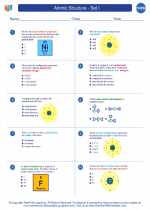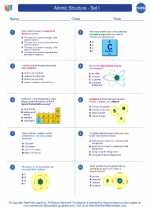Anthropology
Anthropology is the study of human beings, their origins, physical characteristics, languages, and social and cultural development. It is a broad field that encompasses various subfields, including cultural anthropology, physical (biological) anthropology, archaeology, and linguistic anthropology.
Subfields of Anthropology
Cultural Anthropology: This subfield focuses on the study of contemporary human cultures and societies, including their beliefs, customs, social organizations, and economic systems.
Physical (Biological) Anthropology: Physical anthropology examines human biological diversity, evolution, and the behavior of our closest living relatives, the non-human primates.
Archaeology: Archaeology studies human cultures and societies through the analysis of material remains such as artifacts, architecture, and environmental data.
Linguistic Anthropology: This subfield explores the role of language in human societies, including the study of language structure, use, and social context.
Key Concepts in Anthropology
Anthropologists use various methodologies and theoretical frameworks to study human societies and cultures. Some key concepts in anthropology include:
- Cultural Relativism: The principle that one should suspend judgment about practices or beliefs in other cultures and understand them in their own cultural context.
- Evolution: The study of human biological and cultural evolution over time.
- Fieldwork: Anthropologists often conduct fieldwork, which involves living and participating in the community they are studying, to gain a deep understanding of the culture and society.
- Kinship and Social Organization: The study of family structures, marriage systems, and social relationships within and between societies.
- Material Culture: The study of physical objects and artifacts that are created, used, and maintained by human groups.
Anthropological Methods
Anthropologists use a range of methods to gather data and analyze cultures, including:
- Participant Observation: Immersing themselves in a culture to observe and participate in the daily life of the community being studied.
- Interviews and Surveys: Collecting information through structured interviews or surveys with individuals from the community.
- Archaeological Excavation: Uncovering and analyzing material remains from past human societies.
- Language Analysis: Studying linguistic structures and communication patterns within a cultural group.
Study Tips
To excel in the study of anthropology, consider the following tips:
- Read widely and critically about different cultures and societies.
- Engage in hands-on experiences, such as fieldwork or internships, to gain practical knowledge in anthropology.
- Practice critical thinking and analytical skills when interpreting cultural phenomena.
- Stay informed about current anthropological research and debates in the field.
- Develop strong writing and communication skills to effectively convey anthropological insights and findings.
By understanding the fundamental concepts and methods of anthropology and applying these study tips, you can develop a deep appreciation for the diversity of human cultures and societies.
.◂Chemistry Worksheets and Study Guides High School. Atomic Structure - Set I

 Worksheet/Answer key
Worksheet/Answer key
 Worksheet/Answer key
Worksheet/Answer key
